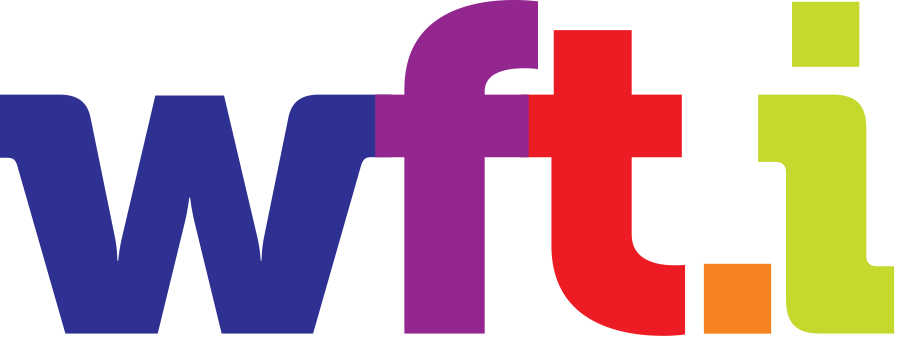HOLLYWOOD LEADERS PUSH FOR MORE WOMEN IN FILM, TV WITH ‘SYSTEMIC CHANGE PROJECT’
December 2, 2015 | 03:54PM PT
James Rainey for VARIETY
Senior Film Reporter @RaineyTime
Two days of private discussions by influential Hollywood insiders have generated proposals to increase the presence of women on both sides of the camera, but the details surrounding initiatives like a mentor program, anti-bias training sessions and a gender parity stamp-of-approval system remain to be hammered out, according to an organizer of the project.
On releasing the results of their October brain-storming session this week, leaders from studios, production companies and talent agencies said that they are determined to push entertainment companies to employ more women in acting, writing, directing and other positions. The private “Systemic Change Project,” a joint initiative of Women in Film Los Angeles and the Sundance Institute, follows previous research by the organizations that revealed the massive disproportion of men to women in the entertainment industry.
“After three years of doing research, it’s time for action,” said Kirsten Schaffer, executive director of Women in Film Los Angeles. “This is a deeply-rooted, systemic problem that is going to take a complex solution…. This is a first step. It’s not the end game.”
Schaffer said the two days of meetings at the Pacific Design Center in October were powerful in bringing together individuals from companies as diverse as CAA, WME, Warner Brothers, Marvel Studios, Miramax, Lionsgate and Tristar Pictures. The group did not push to include every studio and network during this kick-off meeting, but organizers hope to bring other big players into the loop in future talks, Schaffer said.
The two sponsoring organizations are now working to create specific guidelines to create, for example, a “gender parity stamp.” The mark of approval would initially be given to films and TV programs that provide substantial employment opportunities to women. It later might be expanded to commend entire studios or networks. The program could be modeled after the Producers Guild of America’s program providing a “Producers Mark” to those who have received a verified production credit, or after the Human Rights Campaign Foundation’s “corporate equality index,” which rates corporations for their policies relating to lesbian, gay, bisexual and transgender employees.
Also on the drawing board is a plan to hire an educator, who would be available to train individuals and organizations about unconscious biases. Participants in the October workshops said they were particularly impressed by a training given to Google employees. It is designed to root out prejudices that individuals are not aware they harbor. The training for the entertainment industry could be modeled on those Google sessions.
Another Systemic Change Project initiative would choose a dozen early- to mid-career directors for a special year-long training and fellowship program. The fellows would be paired with “advocates across the industry who will actively help them move to the next level,” according to the group’s announcement.
The advocacy group also wants to promote more “ambassadors,” industry leaders who will push inside their companies for more gender parity. An emphasis throughout the October discussions was that hiring more female directors, writers and actors was not just a moral imperative, but an economic one–creating films and shows that appeal to a wider audience.
“As someone who has professionally and creatively greatly benefited from women as protagonists, directors, producers, writers, fellow executives and audiences, gender parity has always seemed like the most win-win goal for anyone in the entertainment industry,” Erik Feig, co-president of Lionsgate, said in a statement about the October gathering. “So getting behind this objective was a very easy decision for me.”
A cascade of studies and critiques in recent years have exposed the marked under-representation of women in the entertainment business. The two organizations leading the October sessions had previously sponsored research by the USC Annenberg School for Communication and Journalism, which found that less than 2% of last year’s 100 top-grossing films were led by female directors. Only a little more than one in five of the films featured a female lead character.
The inaugural meeting to try to do something about those disparities was titled “The Systemic Change Project: Moving the Needle for Women In Hollywood.” BMW of North America sponsored the event, along with supporters of the Female Filmmakers Initiative, which was co-founded by the Sundance Institute and Women in Film Los Angeles.
Schaffer said the organizations will be raising additional money to try to implement the ideas that came out of the meeting.



